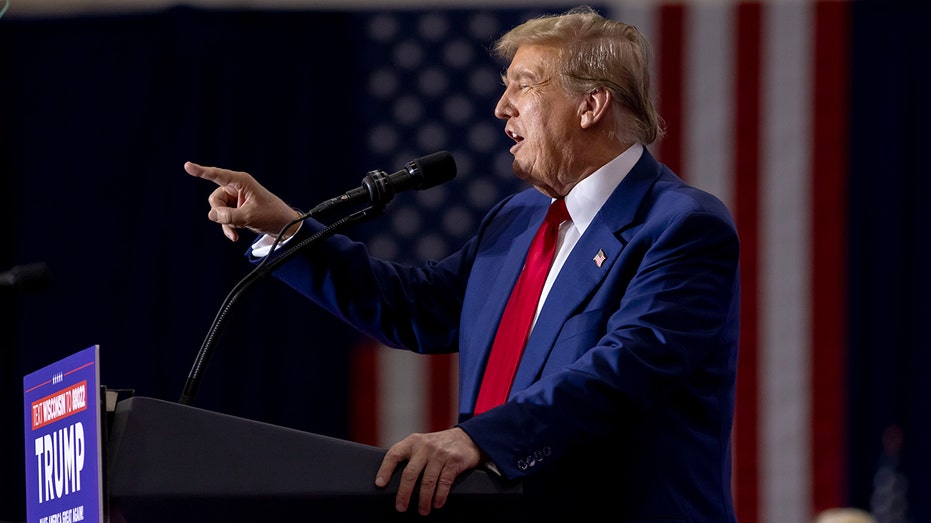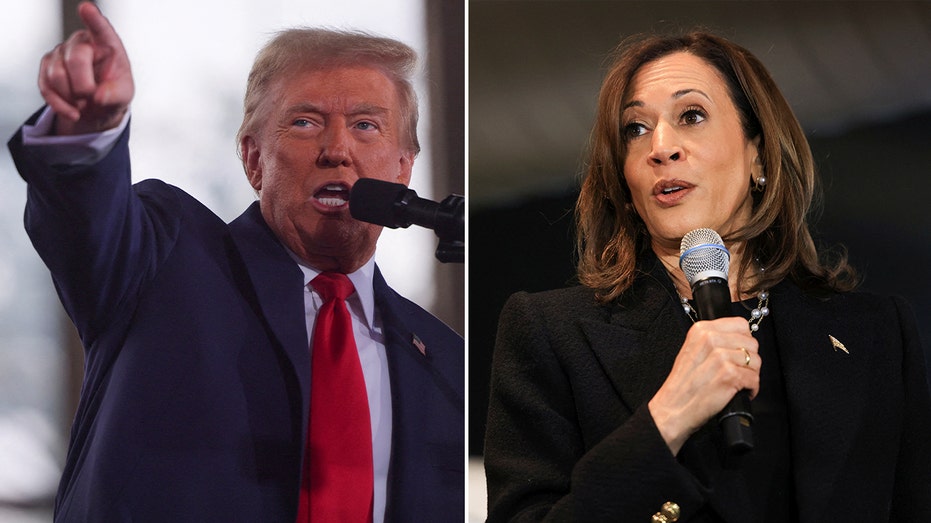Federal prosecutors rebuked the judge presiding over former President Trump’s classified documents case in the Southern District of Florida, asserting that potential jury instructions she issued rest on a “fundamentally flawed legal premise.”
In a court filing Tuesday, Smith said U.S. District Judge Aileen Cannon’s unusual request that prosecutors and defense attorneys submit hypothetical jury instructions was “wrong” and would “distort” the trial. The judge had asked the lawyers to respond to two different scenarios where she accepted Trump’s argument that he was entitled to retain sensitive documents under the Presidential Records Act, an act for which he now faces criminal charges.
Smith argued that the Presidential Records Act is not relevant to Trump’s case and told the judge that the Republican ex-president was not authorized under the Espionage Act to take highly classified documents with him to his Mar-a-Lago home in Florida when he left the White House.
“Both scenarios rest on an unstated and fundamentally flawed legal premise — namely, that the Presidential Records Act (‘PRA’), and in particular it’s distinction between ‘personal’ and ‘Presidential’ records … determines whether a former President is ‘[a]uthorized’ under the Espionage Act … to possess highly classified documents and store than in an unsecured facility,” Smith wrote.
TRUMP FLORIDA JUDGE CANNON DENIES TRUMP DISMISSAL ON ‘UNCONSTITUTIONAL VAGUENESS’
Prosecutors allege the documents recovered from Mar-a-Lago in a 2022 FBI raid were not personal and said there is no evidence Trump ever legally designated them as such. They claim Trump “invented” his argument only after his possession of those documents became public knowledge and said no witnesses interviewed for Smith’s investigation supported the president’s claims.
“Not a single one had heard Trump say that he was designating records as personal or that, at the time he caused the transfer of boxes to Mar-a-Lago, he believed that his removal of records amounted to designating them as personal under the PRA,” prosecutors wrote. “To the contrary, every witness who was asked this question had never heard such a thing.”
Smith warned that if Cannon proceeds with her order on jury instructions, prosecutors will appeal.
Prosecutors have expressed growing frustration with how Cannon has handled Trump’s case.
TRUMP LAWYERS PUSH FOR DISMISSAL OF CLASSIFIED DOCUMENTS CASE, ARGUING ‘PRESIDENTIAL IMMUNITY’
The Trump-appointed judge has yet to rule on multiple defense motions to dismiss the indictment as well as other disagreements between the two sides, and the trial date remains unsettled, suggesting that a criminal case that Smith’s team has said features overwhelming evidence could remain unresolved by the time of the November presidential election.
Cannon, who earlier faced blistering criticism over her decision to grant Trump’s request for an independent arbiter to review documents obtained during an FBI search of Mar-a-Lago, heard arguments last month on two of Trump’s motions to dismiss the case, including that the Presidential Records Act permitted him to designate the documents as personal and that he was therefore permitted to retain them.
The judge last month dismissed Trump’s motion to dismiss charges on grounds of “unconstitutional vagueness,” reasoning that the former president’s arguments might have “some force at trial, but it’s hard to see how it gets you to a dismissal.”
The judge at one point remarked that the Trump defense team’s view of the Presidential Records Act would essentially “gut the PRA,” giving presidents the unfettered ability to classify clearly presidential records as personal.
Days after her decision, Cannon requested that prosecutors and defense attorneys draft jury instructions that responded to this premise: “A president has sole authority under the PRA to categorize records as personal or presidential during his/her presidency. Neither a court nor a jury is permitted to make or review such a categorization decision.”
Her premise stated that an outgoing president’s decision to exclude personal records from those returned to the government “constitutes a president’s categorization of those records as personal under the PRA.”
Prosecutors said this interpretation of the law is incorrect. They also requested that Cannon quickly reject the defense’s remaining motion to dismiss.
“The PRA’s distinction between personal and presidential records has no bearing on whether a former President’s possession of documents containing national defense information is authorized under the Espionage Act, and the PRA should play no role in the jury instructions on the elements of Section 793,” Smith’s team argued.
“Indeed, based on the current record, the PRA should not play any role at trial at all,” they added.
The documents case is one of four pending criminal cases against Trump. He has pleaded not guilty in all of them.
Fox News Digital’s Jake Gibson, Heather Lacy and Bradford Betz, as well as the Associated Press, contributed to this report.




